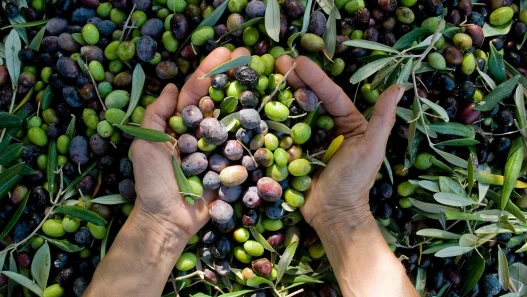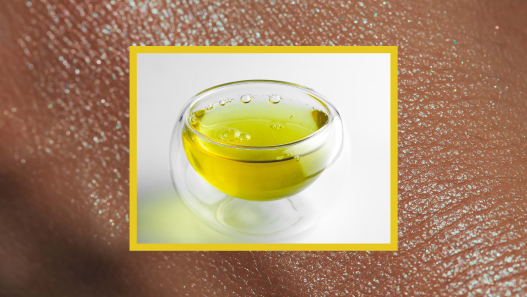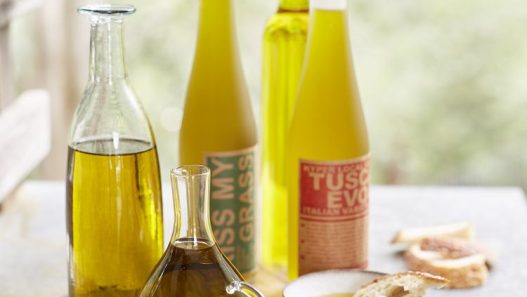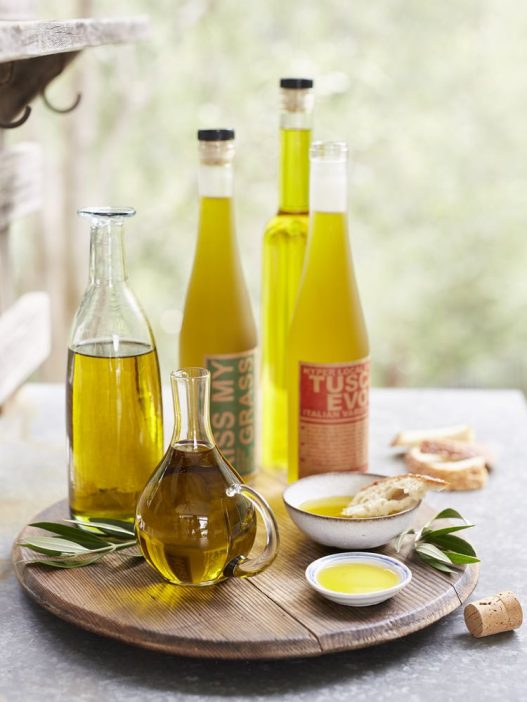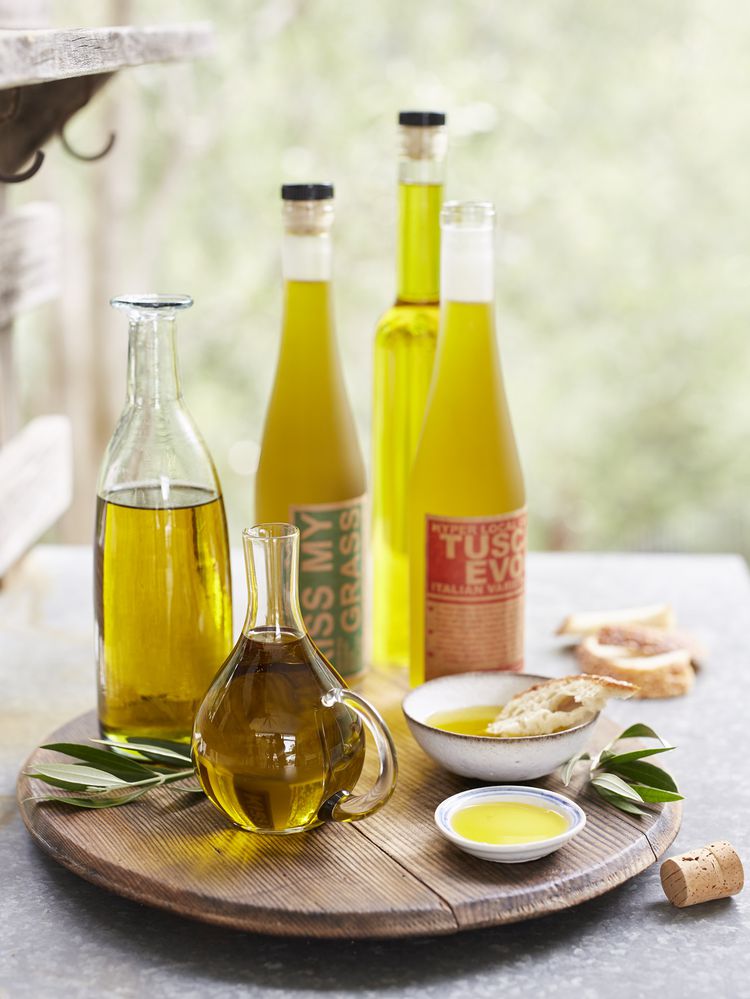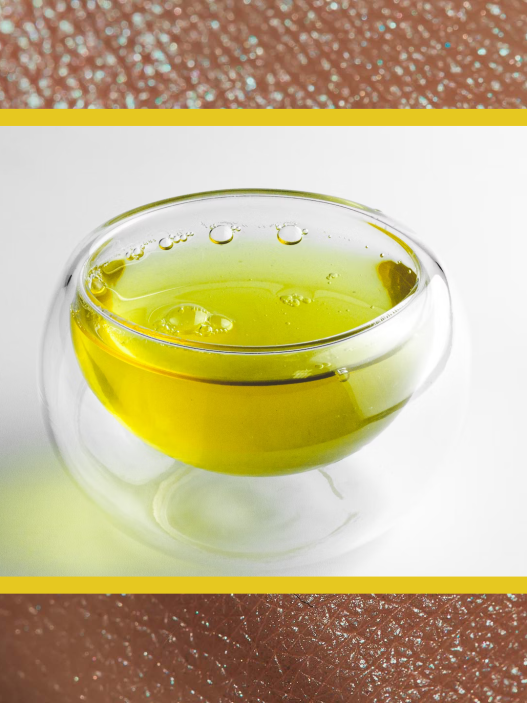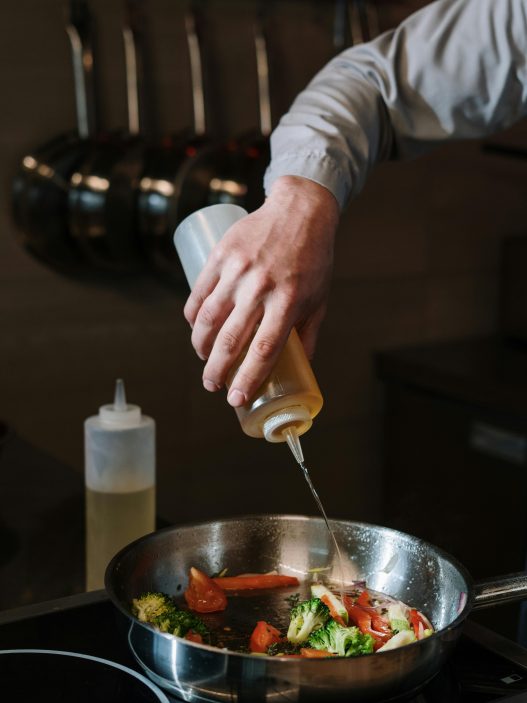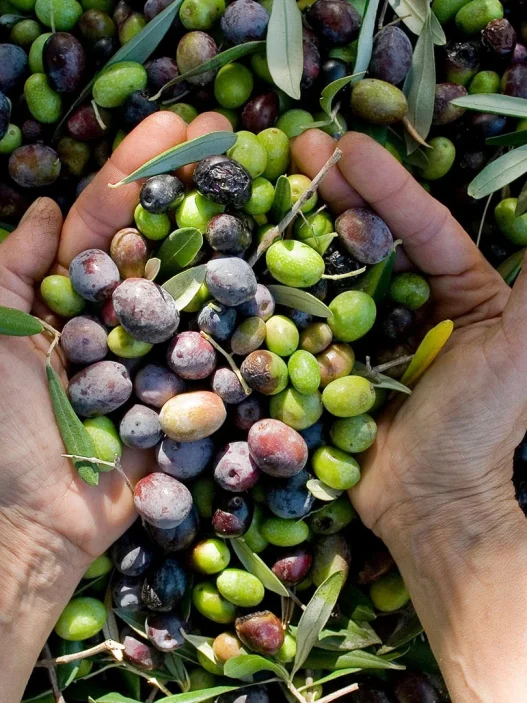A Simple Choice With Big Impact
Imagine opening your pantry. There it is: a bottle of golden olive oil, a familiar friend from Mediterranean kitchens. Next to it, sunflower, canola, coconut, and even avocado oils are lined up. Each promises flavor, health, or convenience—but which one truly nourishes your body the most?
For centuries, olive oil has been celebrated not just for taste, but for its role in long, healthy lives. Today, science allows us to measure what generations already knew: some oils are simply better for your heart, your brain, and your longevity.
Comparing the Contenders
| Oil | Type of Fat | Smoke Point | Key Health Benefit |
|---|---|---|---|
| Extra Virgin Olive Oil | Monounsaturated | 375–405°F (190–207°C) | Heart health, anti-inflammatory, rich in polyphenols |
| Canola Oil | Monounsaturated + Polyunsaturated | 400°F (204°C) | Neutral flavor, low saturated fat |
| Sunflower Oil | Polyunsaturated | 440°F (227°C) | Vitamin E, high omega-6 content |
| Coconut Oil | Saturated | 350°F (177°C) | Medium-chain triglycerides (MCTs), raises HDL cholesterol |
| Avocado Oil | Monounsaturated | 520°F (271°C) | High smoke point, heart-healthy fats |
Why Olive Oil Stands Out
- Cardiovascular Benefits: Extra virgin olive oil (EVOO) is linked to lower risk of heart disease and stroke (Harvard T.H. Chan School of Public Health).
- Anti-Inflammatory Properties: Polyphenols in EVOO reduce inflammation and oxidative stress (NIH PMC).
- Weight Management & Metabolism: Moderate consumption can support healthy weight management and insulin sensitivity (Healthline).
Compared to sunflower or canola oils, olive oil’s monounsaturated fats and antioxidants provide more long-term protective benefits. Coconut oil, while trendy, is high in saturated fat, which can raise LDL cholesterol if overused.
Practical Tips for Using Olive Oil
- Use EVOO for salads, drizzling, or low-heat cooking.
- For high-heat frying, avocado oil is a good alternative due to its high smoke point.
- Replace butter or margarine in recipes with olive oil to improve your fat profile.
- A tablespoon of olive oil daily is a simple, sustainable step toward better heart health.
💡 Spoiler: The Daily Dose – How Much Olive Oil Do We Really Need?
Before we dive deeper into comparing oils, here’s a quick spoiler from our last article:Did you know that just half a tablespoon of extra virgin olive oil daily can lower your risk of early death by nearly 20%? And replacing butter or margarine with olive oil can cut that risk even further, up to 34%! Curious about the full details, practical tips, and a sunlit Mediterranean-style introduction? Check out the full article here.
Conclusion
When it comes to nourishing your body, not all oils are created equal. Olive oil—especially extra virgin—is the gold standard for flavor, health, and tradition. Next time you reach for the pantry, choose the golden one. Your heart, your taste buds, and your long-term health will thank you.




